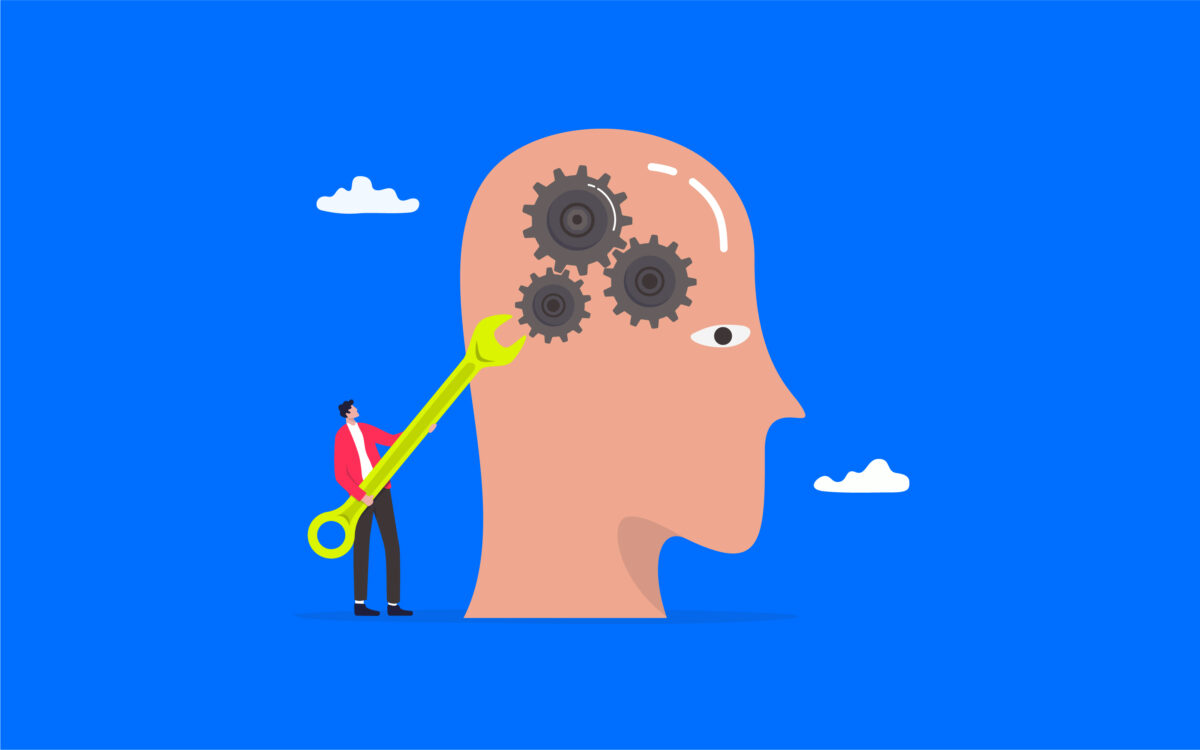Exploring the Link Between Nutrition and Mental Health And Wellness Improvement
The effects of our nutritional selections on psychological health have been increasingly identified by health and wellness professionals and researchers alike. As we browse the complicated landscape of contemporary way of livings, uncovering the nuanced partnership in between nourishment and mental wellness enhancement may hold the trick to opening a deeper understanding of our cognitive and psychological resilience.
Impact of Food on State Of Mind
The relationship between dietary selections and mood law is an important element of understanding the influence of food on mental health. Study has actually shown that specific foods can influence neurotransmitter task, influencing state of mind and moods. Foods abundant in omega-3 fatty acids, such as fatty fish, walnuts, and flaxseeds, have been linked to reduced rates of depression and boosted mood law.
Additionally, complex carbohydrates found in whole grains, fruits, and veggies can aid control blood glucose degrees, which subsequently can have a positive effect on mood stability. On the various other hand, diets high in refined foods, sugar, and saturated fats have been connected with an increased risk of anxiety and state of mind problems.
In addition, the gut-brain link plays a significant duty in mood law. The gut microbiome, influenced by the foods we consume, can connect with the brain through the gut-brain axis, influencing mood, stress and anxiety levels, and overall psychological health. As a result, making conscious and nutritious nutritional choices is essential for preserving a healthy and balanced mood.

Crucial Nutrients for Anxiety

Additionally, the amino acid tryptophan, found in foods like turkey, eggs, and nuts, is a forerunner to serotonin production, a neurotransmitter recognized for its role in advertising feelings of peace and health. Vitamin B complicated, particularly B6 and B12, are also crucial for keeping a healthy and balanced nerves and might help lower anxiety symptoms.
Incorporating these vital nutrients into a well-balanced diet plan can have a positive influence on taking care of anxiety and enhancing general mental health.
Dietary Techniques for Depression

One nutritional technique for taking care of clinical depression is concentrating on foods abundant in omega-3 fatty acids, such as fatty fish, flaxseeds, and walnuts. Omega-3 fats have actually been linked to lowering inflammation in the brain and boosting neurotransmitter feature, which can positively influence state of mind. Furthermore, raising the intake of fruits, veggies, whole grains, and lean proteins while reducing the intake of processed foods and sugars may aid in alleviating depressive signs and symptoms.
Additionally, maintaining sufficient degrees of vitamin D, either via sunshine exposure or supplements, is important for sustaining mental health. Vitamin D shortage has been related to an increased threat of anxiety, making it visit this site right here vital to ensure sufficient intake of this nutrient. By including these nutritional techniques, people may effectively match standard therapies for anxiety and boost their overall wellness.
Gut-Brain Axis and Mental Health
Concentrating on the detailed link in between the intestinal system and psychological health, the Gut-Brain Axis plays a critical duty in affecting cognitive functions and emotional health. The Gut-Brain Axis is a see it here bidirectional interaction network in between the central nerves and the enteric nerves, linking the psychological and cognitive facilities of the mind with peripheral digestive features. This axis is controlled by an intricate interplay of neural, immune, endocrine, and metabolic paths.
Study recommends that the structure of intestine microbiota, the diverse neighborhood of microorganisms living in the stomach system, can have a profound effect on mental health. Imbalances in gut microbiota, understood as dysbiosis, have been related to conditions such as anxiety, anxiousness, and also neurodegenerative conditions. In addition, the digestive tract microbiota plays an important role in the manufacturing of natural chemicals like serotonin, which is essential for controling state of mind and emotional actions.
Preserving a healthy gut microbiota via a well balanced diet regimen abundant in fiber, fermented foods, and probiotics is essential for supporting psychological health (Mental Health Services). Approaches focused on enhancing the Gut-Brain Axis use encouraging methods for enhancing emotional well-being and cognitive feature
Nutrition's Duty in Cognitive Function
Provided the considerable influence of the Gut-Brain Axis on psychological wellness, visit our website recognizing exactly how nutrition influences cognitive feature comes to be vital in advertising total well-being. Nourishment plays a critical role in cognitive function by giving vital nutrients that sustain mind wellness and optimal efficiency.
Trick nutrients such as omega-3 fats, antioxidants, minerals, and vitamins are known to enhance cognitive capabilities, consisting of memory, focus, and analytic abilities. Omega-3 fatty acids, located in fatty fish like salmon and nuts, have actually been linked to boosted memory and cognitive feature. Anti-oxidants, abundant in vegetables and fruits, aid shield brain cells from damage triggered by complimentary radicals, hence protecting cognitive function.
Furthermore, a balanced diet abundant in entire grains, lean proteins, fruits, and veggies can positively impact cognitive feature by stabilizing blood sugar degrees and supplying sustained power to the brain. Conversely, diets high in refined foods, saturated fats, and sugars have been related to cognitive decline and damaged mind feature. Making educated dietary choices is important for keeping optimum cognitive function and overall psychological well-being.
Conclusion
In verdict, the relationship in between nutrition and psychological health and wellness is diverse and complicated. Understanding the link in between nutrition and mental health enhancement is important for promoting overall health and resolving mental wellness issues.
The effects of our nutritional options on mental health have actually been significantly identified by health and wellness specialists and scientists alike. As we browse the complex landscape of modern way of lives, discovering the nuanced connection in between nourishment and psychological wellness enhancement may hold the key to unlocking a much deeper understanding of our cognitive and psychological strength.
Structure upon the essential nutrients that support psychological wellness, specifically in managing anxiety problems, the emphasis currently shifts in the direction of examining nutritional techniques for addressing anxiety.Concentrating on the detailed link between the stomach system and mental health, the Gut-Brain Axis plays a critical function in affecting cognitive functions and psychological health (Mental Health Services). Recognizing the connection in between nourishment and psychological health improvement is essential for advertising overall health and addressing mental health problems